The 2nd annual computing conference, organised by Education Scotland, is open to all early years practitioners, primary school teachers, and secondary school teachers who teach computing.
During this unmissable event, you will have the opportunity to hear from industry experts who will share insights into future career prospects and to attend practical breakout sessions designed to empower you with innovative teaching methods for the classroom,
The conference will be held on Saturday 9th November at 10am simultaneously at the following venues, all with live in person workshops;
- West College Scotland – Abercorn Building – Renfrew Road, Paisley PA3 4DR
- West Lothian College – Almondvale Crescent, Livingston, EH54 7EP
- University of Abertay – Bell Street, Dundee DD1 1HG
When registering, you can choose the nearest venue to you.
The proposed agenda for the day is as follows
- 9:30am Arrival. Registration and refreshments
- 9:45am Welcome
- 10:00am Keynote: Ollie Bray Strategic Director Education Scotland (streamed to all venues)
11:00am-11:45pm Workshop Session 1
- 11:55pm – 12:40pm Workshop Session 2
- 12:45pm Lunch (provided)
- 1:45pm – 2:30pm Workshop Session 3
- 2:30pm Networking Event
When you complete registration, you will be forwarded to a Microsoft Form to allow you to select the three workshops that best suit your needs from a list and to allow you to select your dietary requirements.
Register for the conference


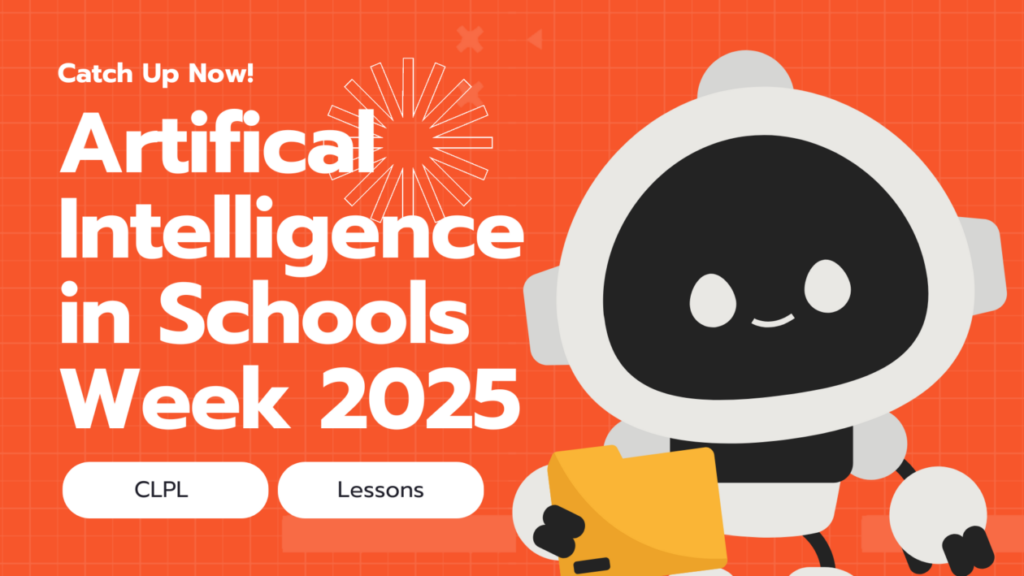
 Subscribe to DigiLearnScot on YouTube
Subscribe to DigiLearnScot on YouTube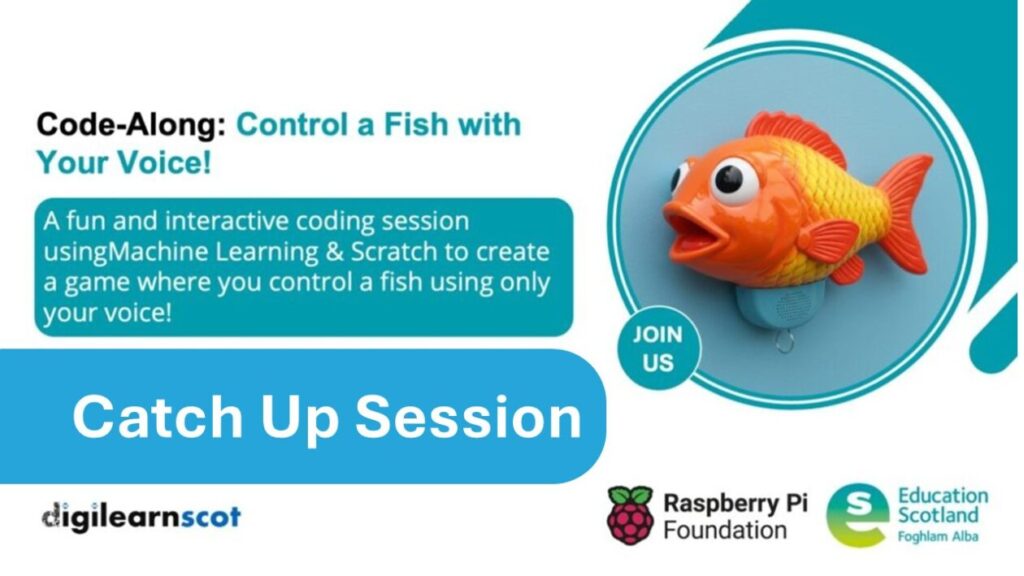


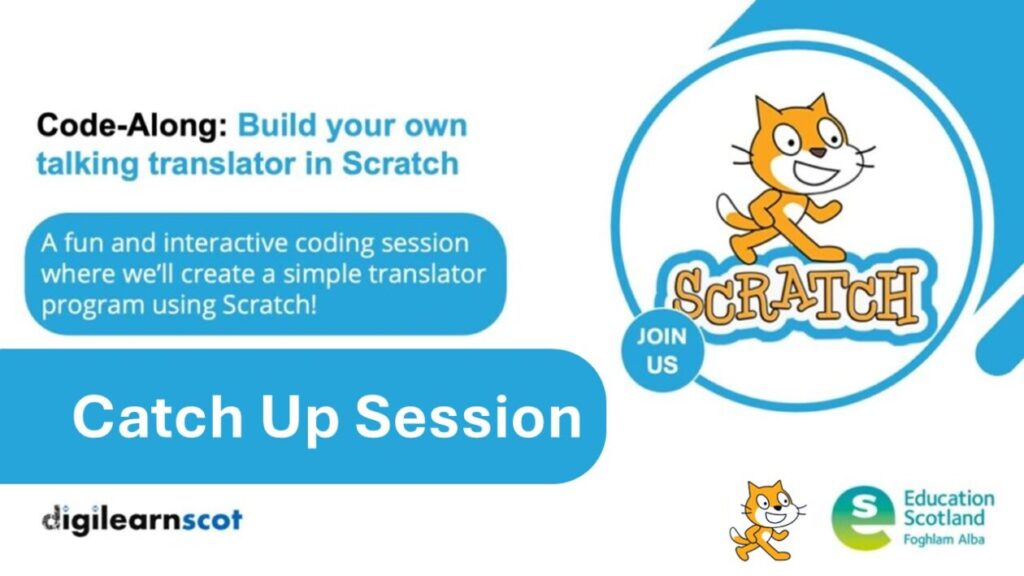
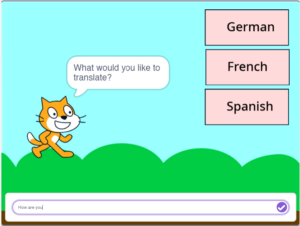
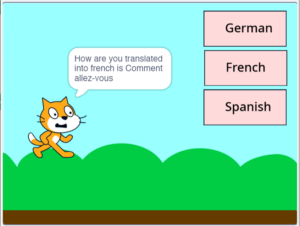

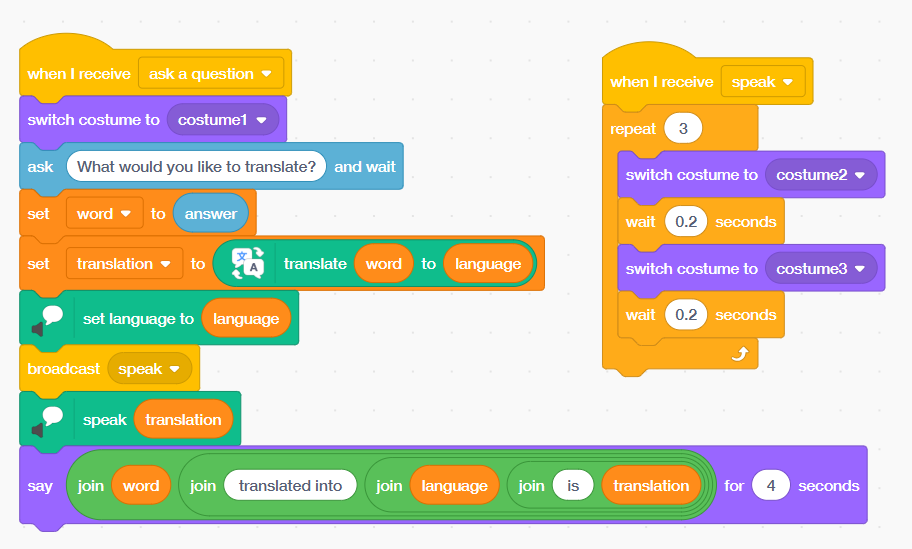
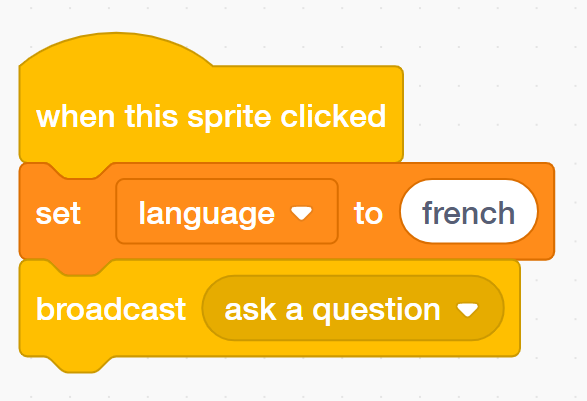
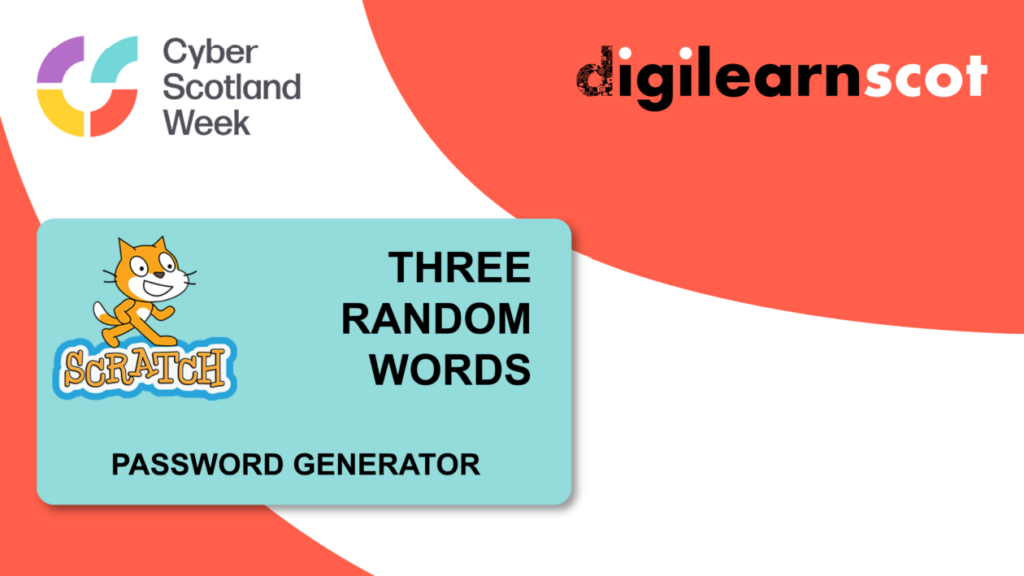

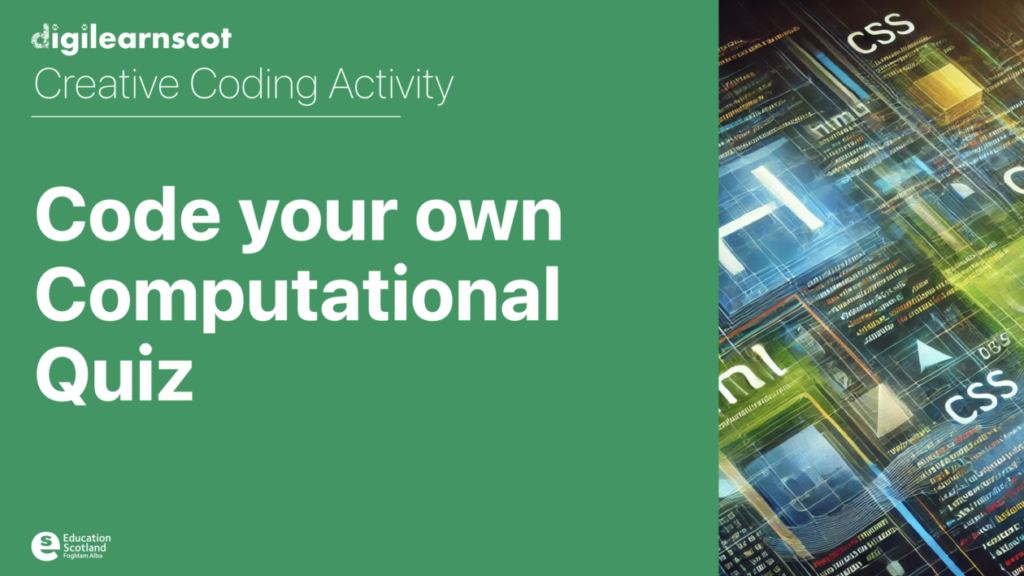
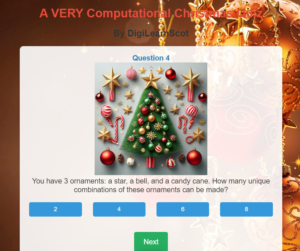
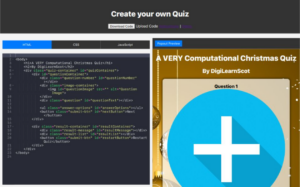
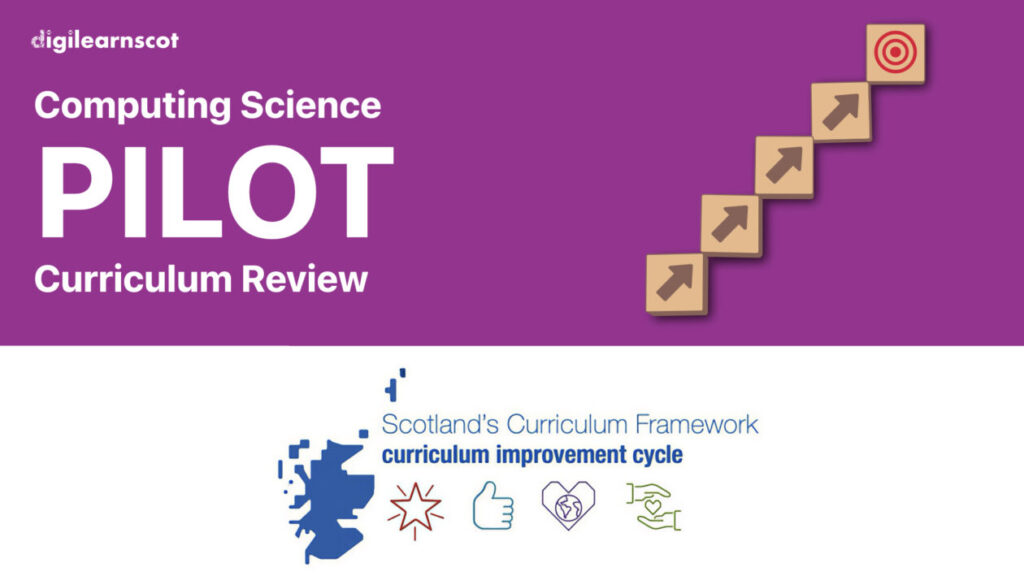
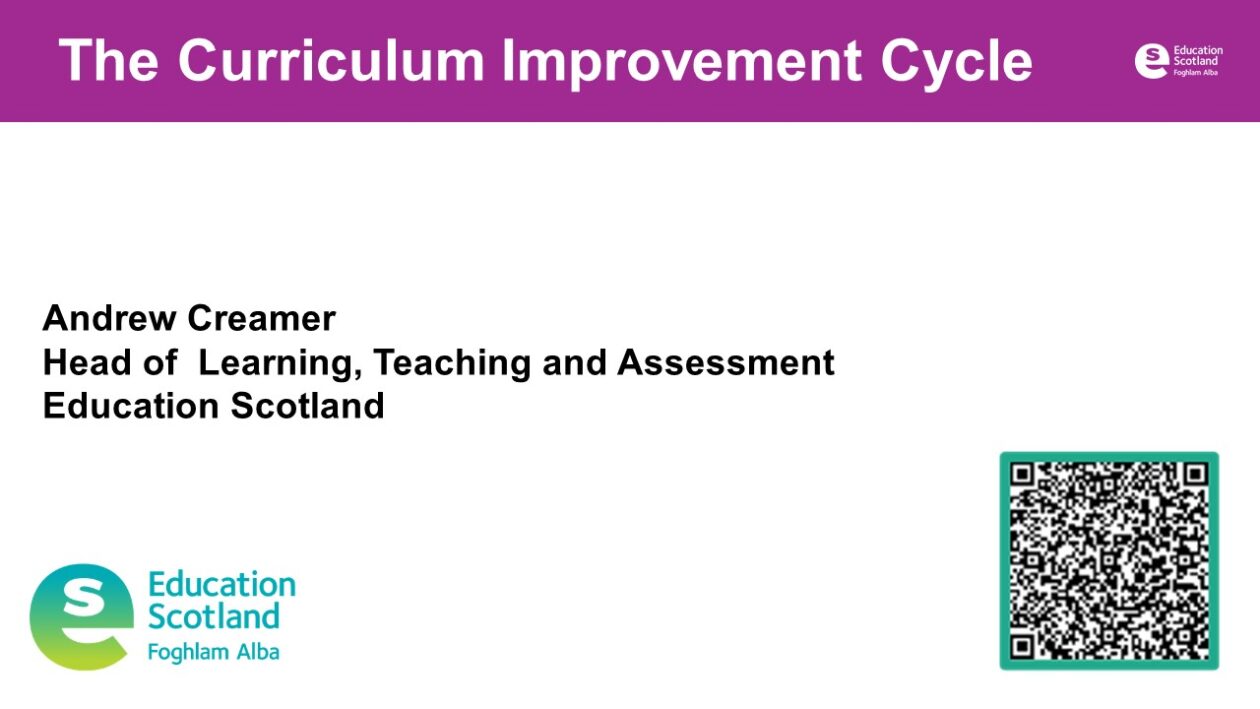
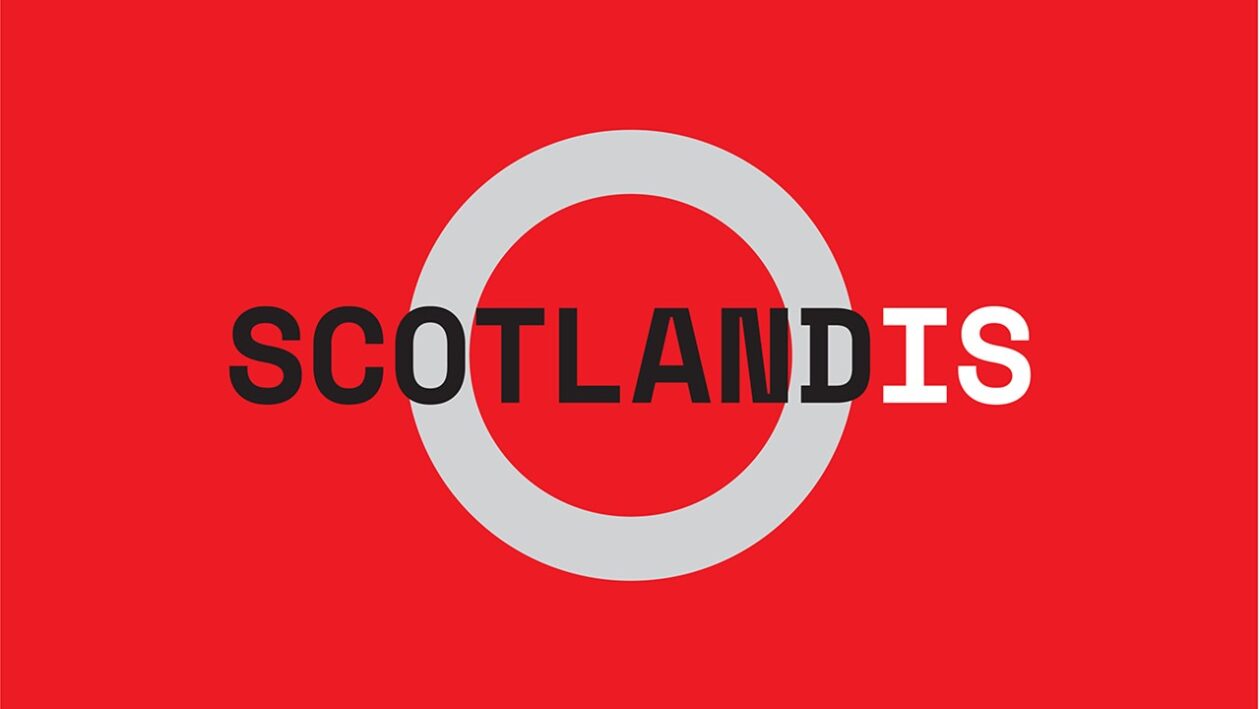
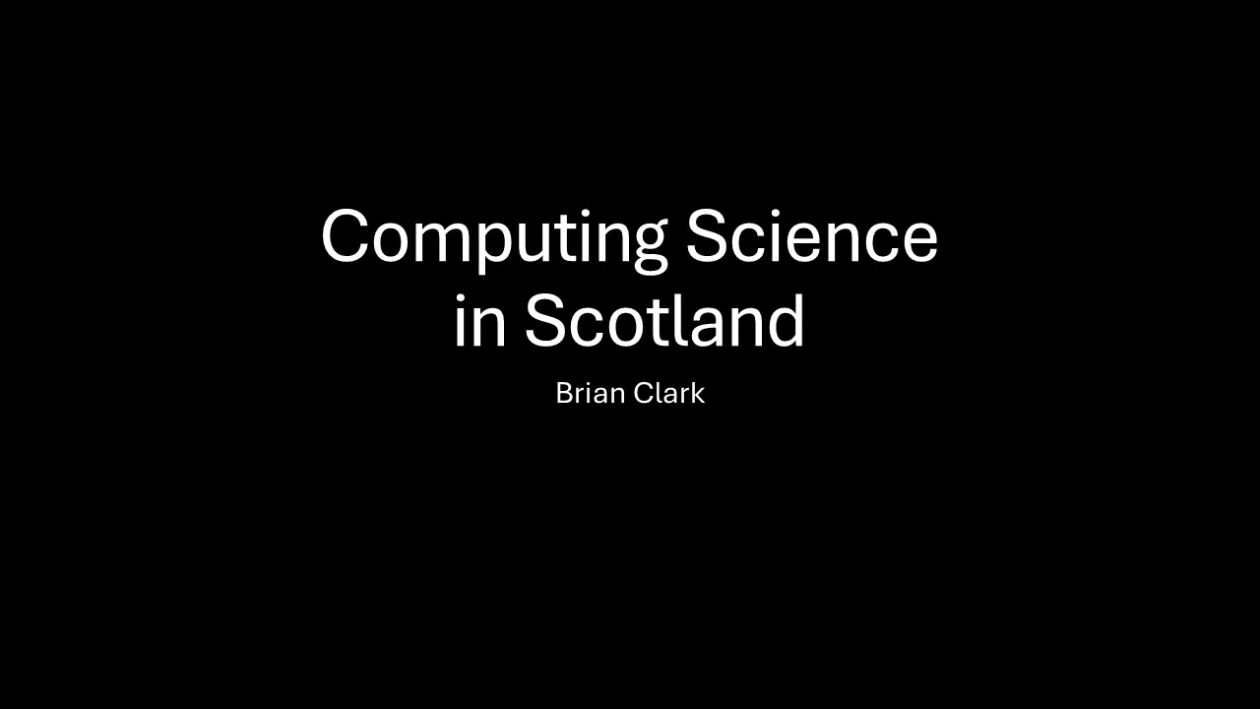
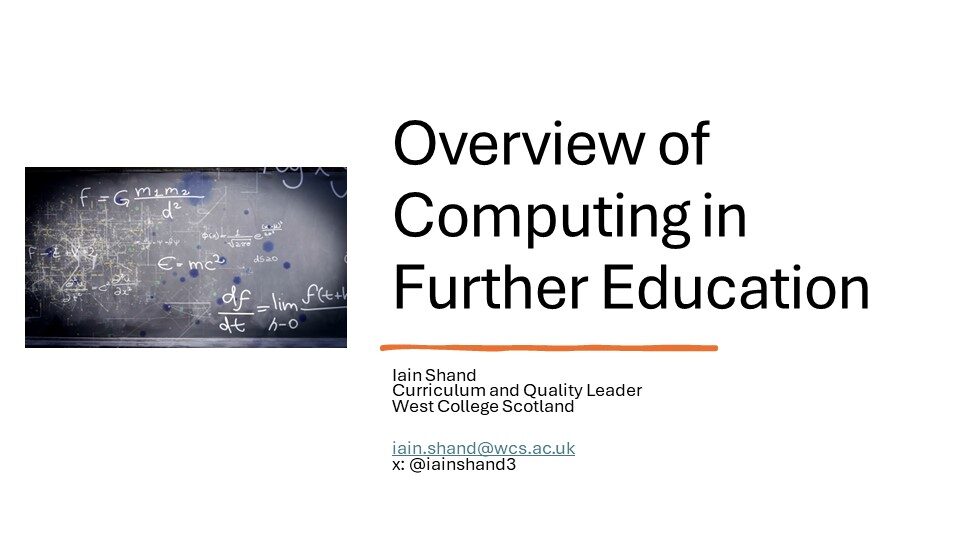
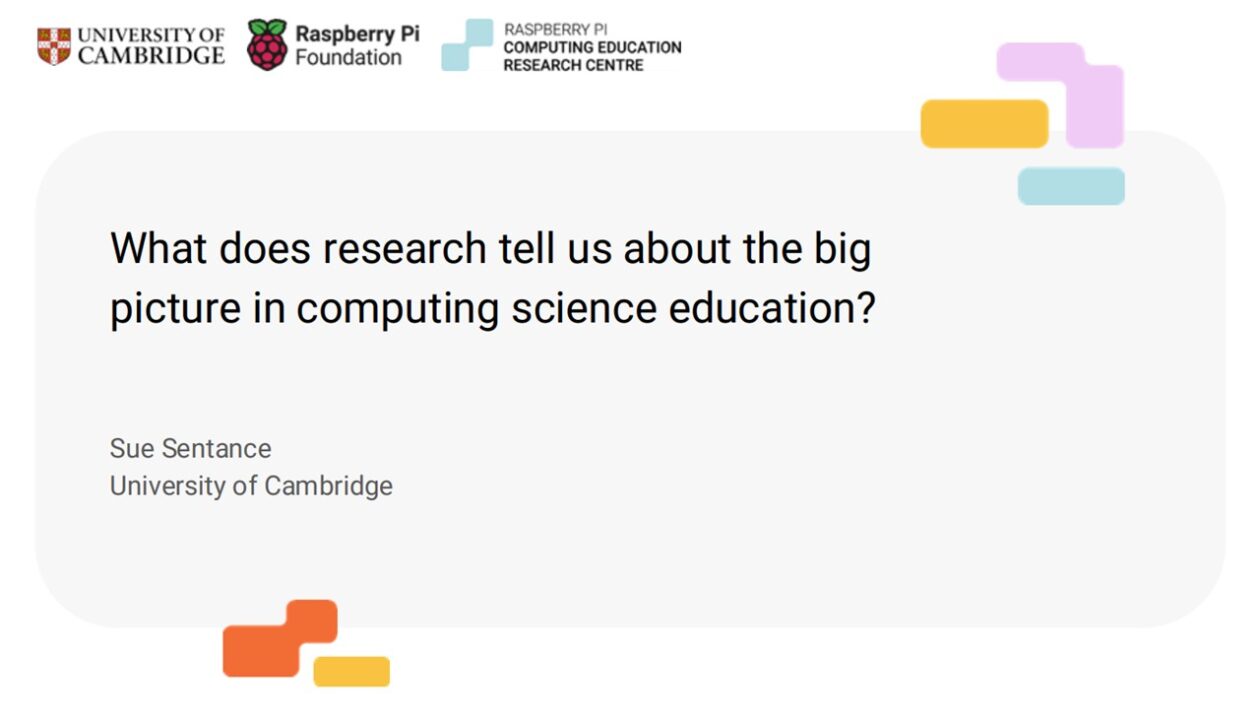
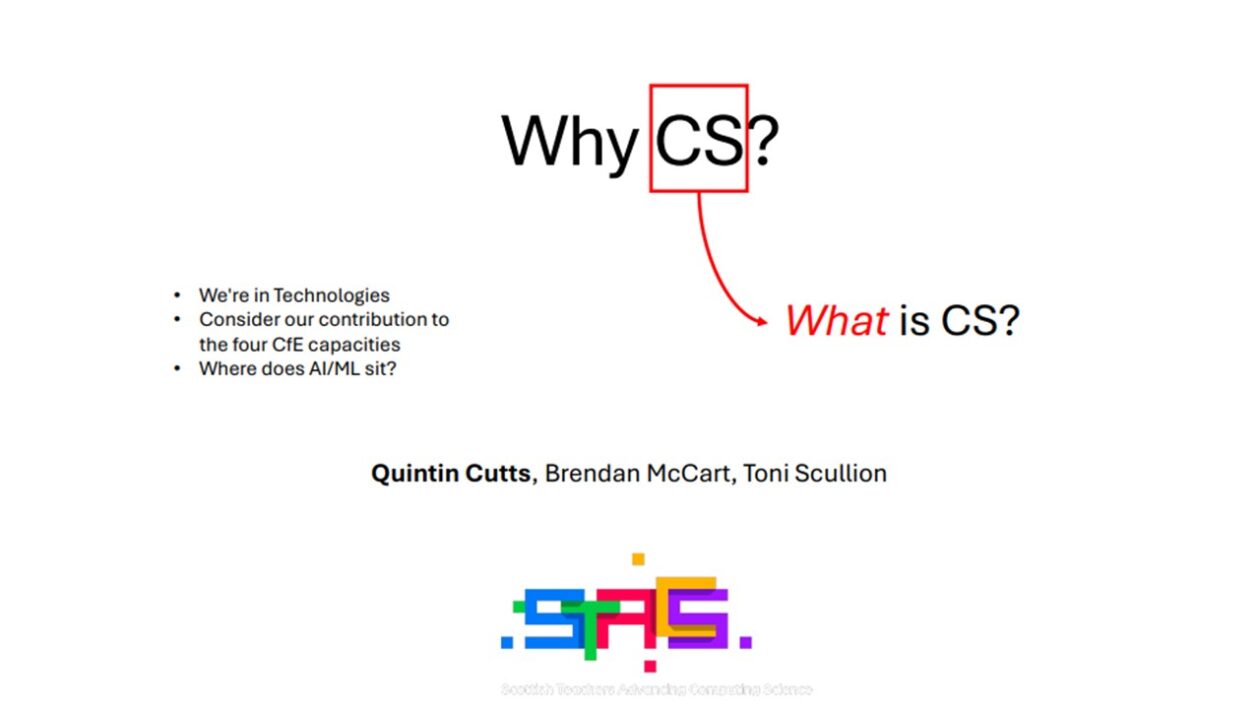

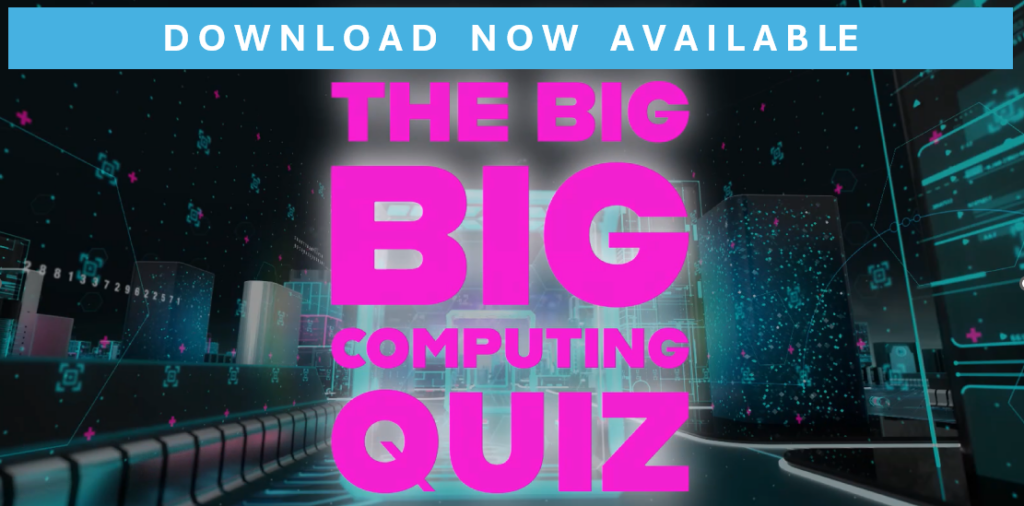
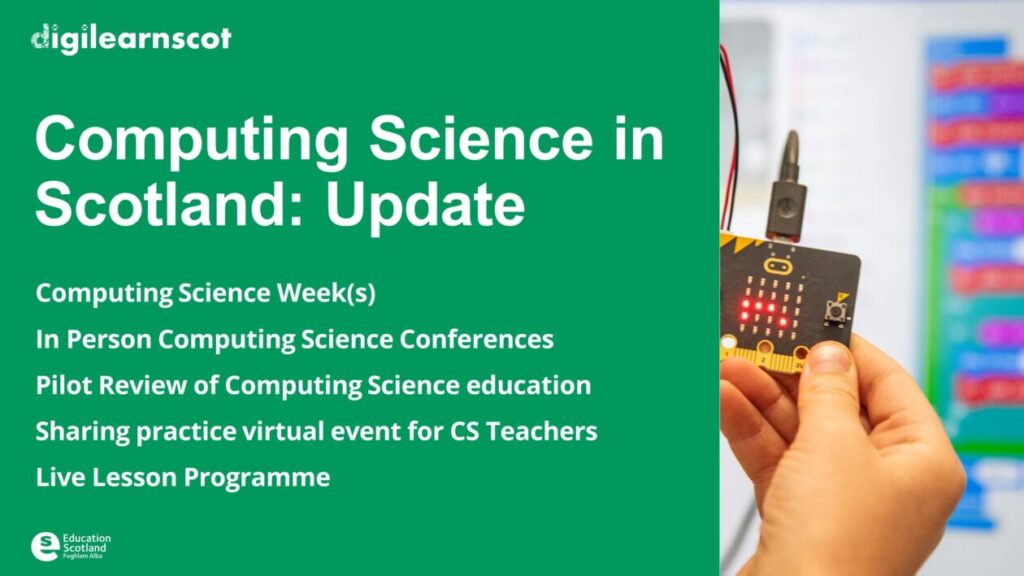
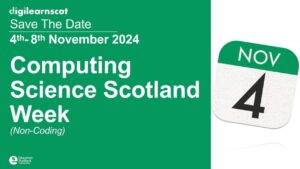
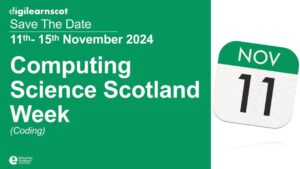

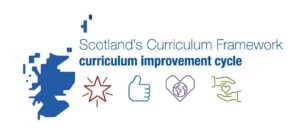


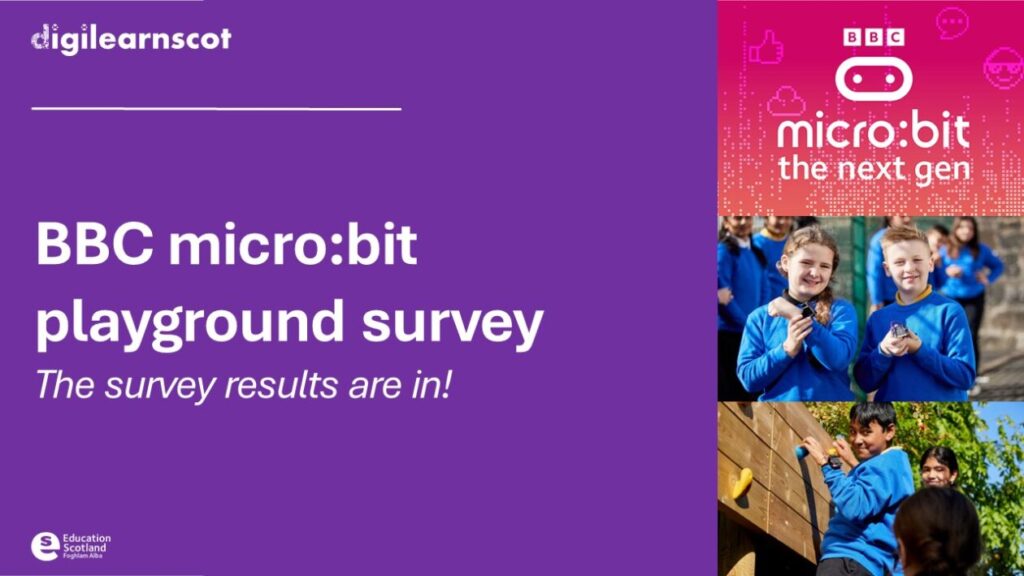


You must be logged in to post a comment.